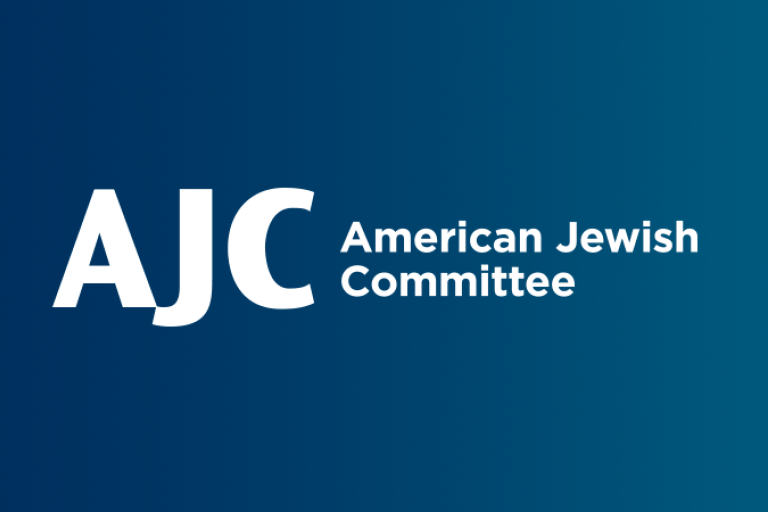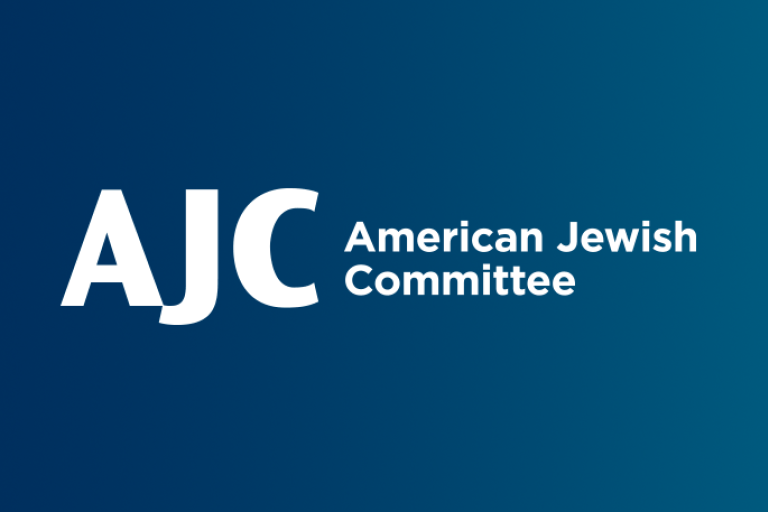May 7, 2020
This piece originally appeared in Crain's Chicago Business.
What do Nazism and the Illinois shelter-in-place order have in common? Absolutely nothing.
Yet, some seize on the fear surrounding the coronavirus pandemic to promote their hateful ideologies. They have not sat idle. Several protesters gathered on May 1, holding signs comparing Illinois Gov. J.B. Pritzker to Hitler. The demonstrations were organized to press the governor to ease public health restrictions meant to stem the spread of the deadly COVID-19. One protester proudly displayed a sign “Heil, Pritzker” with a swastika.
Chaos of any kind is fertile ground for extremists, and, since the pandemic erupted and spread like wildfire around the world, proponents of hate and conspiracy theories have been having a field day. Stoking antisemitism is not in any way going to lead to a breakthrough in the search for a vaccine, or to reopen businesses, schools, houses of worship and other institutions key to our daily lives.
The use of Holocaust-era symbols and words are painful for the Illinois Jewish community, and especially hurtful for the governor. The Pritzker family is Jewish and started their life in Chicago after fleeing pogroms in Europe. The governor helped found the Illinois Holocaust Museum. Regardless of one’s politics, comparisons between our state's efforts to save lives and the slaughter of millions are offensive, irresponsible and downright dangerous.
Illinois already has more than 70,000 confirmed cases of coronavirus, and more than 3,000 Illinoisans have died since the pandemic started. Chicagoans continue to violate, over the strong objections of Mayor Lori Lightfoot, shelter-in-place orders by hosting house parties and gathering in outdoor areas.
Disturbingly, these disgusting comparisons we see in Illinois have popped up in other states, as extremists attempt to link Jews to the spread of COVID-19, among other false narratives.
Colorado Gov. Jared Polis, also Jewish, tearfully addressed comments in March by another elected official that his shelter-in-place order would lead to a “Gestapo-like mentality.” The Gestapo was the secret police of Nazi Germany and European countries under Nazi occupation during World War II.
In April, at an anti-lockdown protest in Ohio, a protester held up a sign that displayed the head of a rat with a Jewish star and a long-pointed nose with the words “The Real Plague.” And, in April, a protester depicted Michigan Gov. Gretchen Whitmer as Hitler, giving the Nazi salute with a swastika drawn next to her photo.
These are just some of the examples of flagrant antisemitism displayed in the U.S. during the pandemic. This messaging is dangerous for many reasons.
First, the Holocaust was a trauma without parallel, and its invocation is painful for many. Furthermore, any analogy collapses beneath the differences here: the differences between a national emergency affecting all 50 states and the public health measures taken, and a regime that set out to slaughter and scapegoat millions in the service of an ideology of hate.
Second, these protests are well organized and publicized. But their leaders have yet to condemn the behavior of some of their followers.
And third, it adds more concern to the already growing levels of antisemitism, bigotry and xenophobia in Chicago and across the country at a time when we desperately need to be coming together on matters that impact the future of all vulnerable communities.
As a community, let’s focus on what really matters. Let’s continue to stay at home in order to save lives. Let’s use our voices in a productive way by offering solutions to the problems we currently face. And let’s be ever-mindful about the power of words and the messages they convey.
Laurence Bolotin is executive director of the American Jewish Committee Chicago Region.


